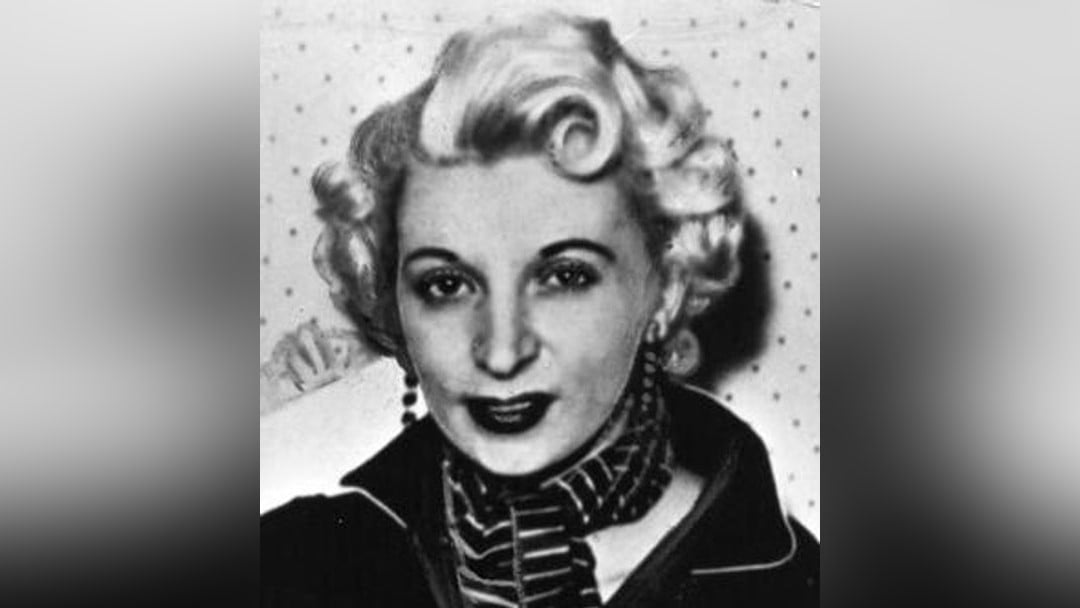Government to review pardon for Ellis

The grandchildren of Ruth Ellis are seeking a posthumous pardon arguing she was a victim of abuse
In a significant move to revisit the historical context of capital punishment in Britain, the grandchildren of Ruth Ellis, the last woman hanged in the UK, have formally applied for a posthumous conditional pardon. This year marks 70 years since Ellis was executed for the murder of her partner, David Blakely, a crime rooted in a background of severe emotional and physical abuse. The Abolition of Death Penalty Act 1965 has since abolished capital punishment, yet the scars of Ruth’s execution continue to resonate within her family and society at large.
The application, presented to the Deputy Prime Minister and Secretary of State for Justice, David Lammy, argues that Ellis was a victim rather than a perpetrator. It details a harrowing history of long-term abuse from Blakely and others, which was neglected during her trial and subsequent judicial proceedings. According to her family, systemic failures in the legal process and inherent social prejudices influenced the decision against granting her a reprieve. They contend that “the punishment did not fit the crime” and maintain that the justice system ultimately failed Ruth.
Having been a single mother at just 26, Ruth’s relationship with Blakely was marked by violence and control. She faced public assaults and other forms of abuse that left her vulnerable and psychologically defeated. Laura Enston, Ruth’s granddaughter, highlighted the lasting impact of her grandmother’s execution on their family, saying, “My mother and uncle suffered from trauma from which neither of them were able to recover." This tragic legacy fuels their determination to seek justice not only for Ruth but for all victims of domestic abuse.
Experts, including Alex Bailin KC, representing Ruth's family, argue that contemporary understandings of domestic abuse would lead to a different judicial outcome today. He remarked that with modern perspectives, “if Ruth’s case had taken place in modern times, she would have been able to plead a defence of diminished responsibility or loss of control.” Many legal professionals highlight that current standards would likely classify her actions as manslaughter rather than murder.
James Libson, managing partner at Mishcon de Reya, the law firm representing Ruth’s grandchildren representing Ruth’s grandchildren, echoed the sentiments of many who believe that the time has come for a formal acknowledgment of wrongdoing, stating, “the weight of evidence of her vulnerability makes it absolutely clear that she should never have been executed.” The push for a posthumous conditional pardon for Ruth Ellis not only seeks justice for her case but also aims to send a potent message against domestic violence and the systemic failures that allow such injustices to occur.
Ruth’s legacy becomes a rallying point for discussions on judicial reform, domestic abuse awareness, and the necessary evolution of legal practices to better protect vulnerable individuals. The outcome of the request for a pardon remains to be seen, but it undoubtedly serves as a poignant reminder of the past and the urgent need for justice in the present.
